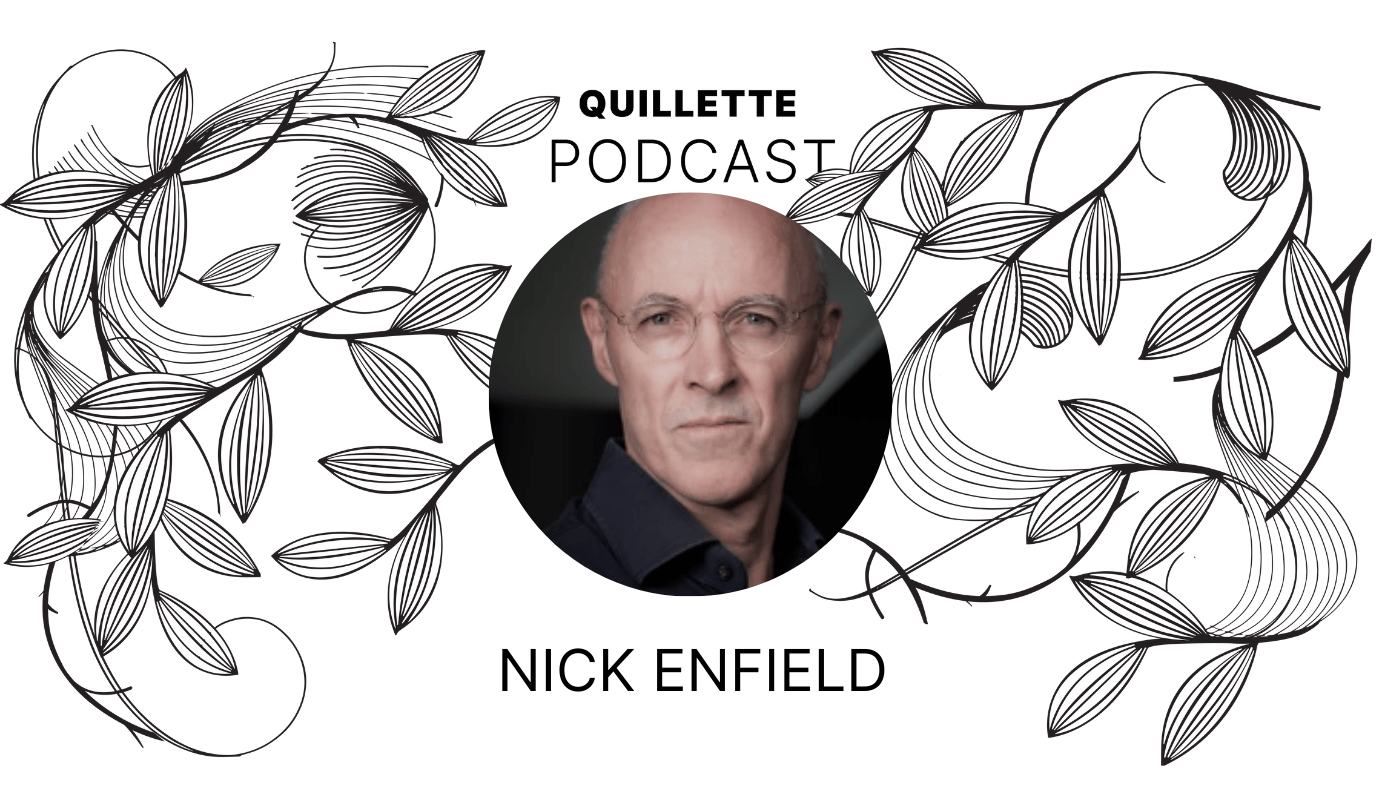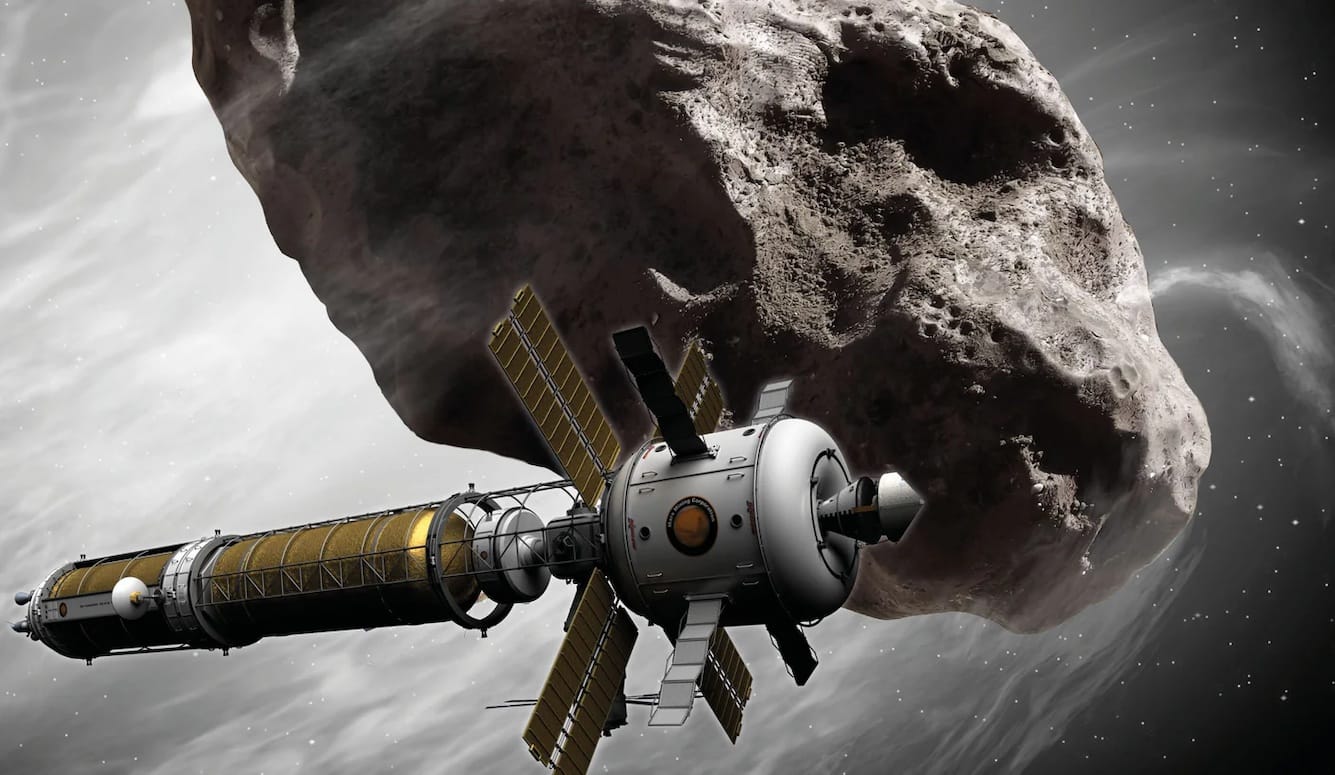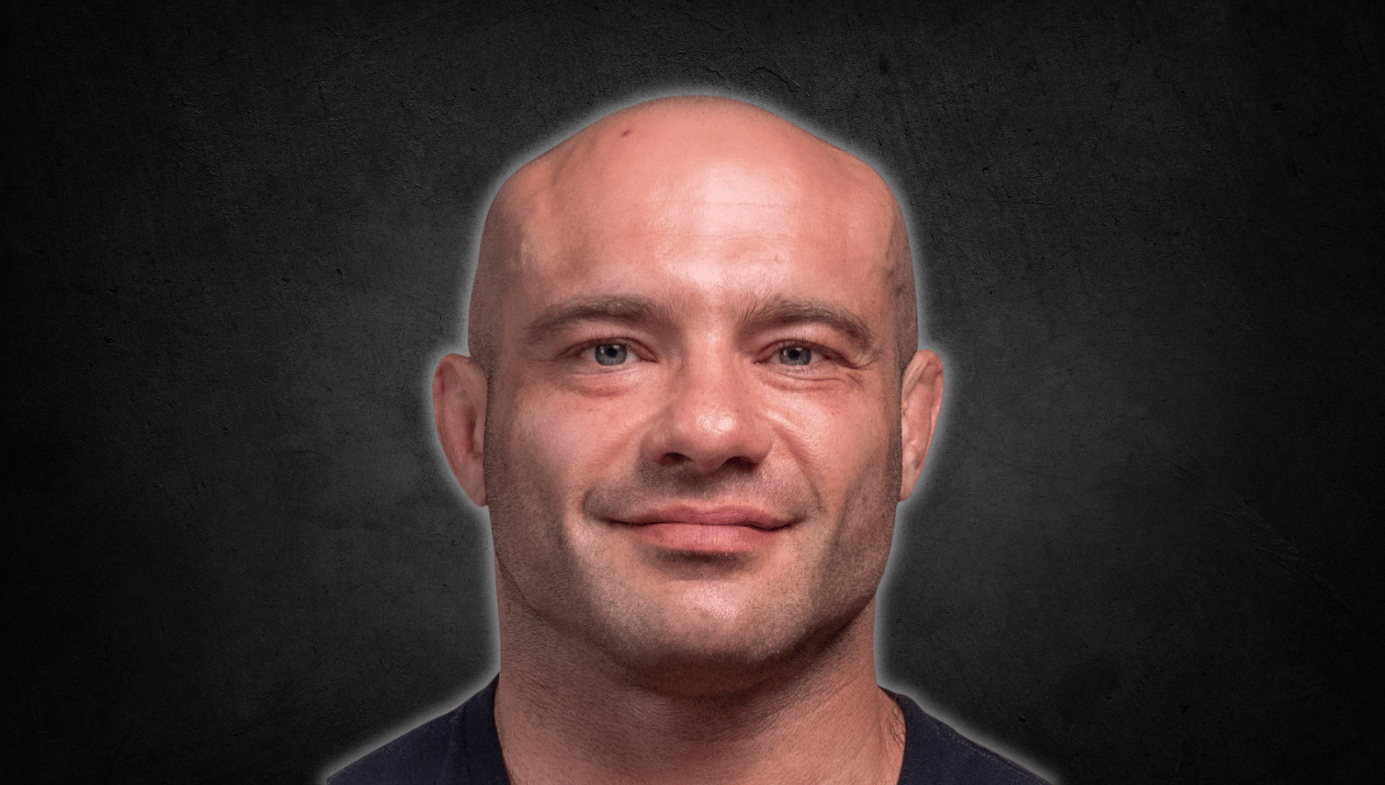Why Politics Needs the Futuristic Perspective
What if all the Trump voters weren’t scared of immigrants taking their jobs, but instead were scared of robots taking their jobs (a much more likely scenario)?

Politicians are constantly fighting for policies that future generations will find laughable at best, morally atrocious at worst. Just consider “Jobs for Everyone!” or “Build the Wall!”—except imagine it’s 100 years from now and there are no jobs or national borders… Taking this 100-year view, many of the best-known politicians quickly fade into irrelevance. There is one political figure who comes prominently into focus in this view, however. That’s Zoltan Istvan, the unsuccessful but often newsworthy former candidate for US president and California governor.

Even if you’re opposed to libertarianism (Zoltan’s adopted political platform) and uninspired by tranhumanism (Zoltan’s political hobbyhorse), still, it’s worth considering the unique perspective Zoltan Istvan brings to our chronically shortsighted political landscape. Unlike any other political figure, he champions long-view causes like you’d never believe. Unapologetically, he’s one-hundred percent all-in for long-view causes.
Here’s a taste. If you were an interviewer, you’d likely want to ask Mr. Istvan about some hot button issue, like…abortion. Well—that’s an easy one! He’s a libertarian, so he’ll likely just begin by vocalizing libertarian standardisms. But then, if you stick around a while, you’ll hear something totally original—you’ll hear thoughts so far off the political talking point roadmap you’ll forget you’re interviewing a political candidate. Something like:
Before long, natural procreation and childbirth will likely be considered anachronistic. At that point, we’ll be making babies in artificial wombs, adjusting fetus DNA with gene editing technologies. There won’t be any such thing as abortion because babies will be meticulously planned and they’ll come out perfect—superhuman!—every time. So, abortion is scarcely worth discussing; in the near future, it will be a nonissue.
That’s a total paraphrase of his view, of course, but basically that’s the sort of place Zoltan’s futurist, transhumanist side goes. It goes way, way off charted territory. Even the most progressive, tech-friendly politician imaginable can’t touch Zoltan’s long-view.

On a practical level, who knows if Zoltan would make a good politician. His qualifications certainly don’t scream political pioneer. He was a journalist for National Geographic and then a real estate investor. But his political qualifications don’t matter so much. His vision is what’s important. I don’t even necessarily advocate for voting for Zoltan, but I do advocate for the proliferation of his long-view vision.
Take a second to consider that the World Wide Web was nonexistent at the start of 1990. The first iPhone went on sale in 2007. CRISPR-Cas9 was first harnessed for genome editing in 2013. Self-driving cars were in science fiction novels forever…but now they’re actually here. The biggest threat to our democracy is no longer Russian nuclear weapons, it’s Russian bots and trolls on social media. The greatest moral dilemma isn’t third-trimester abortion, it’s Chinese labs secretly breeding a new type of human using radical gene-editing techniques. It’s important to keep these things in perspective. The world is changing all around us…fast.
I work in Silicon Valley, so I probably have greater exposure to tech advances than most people. Still, I’m sure everyone has heard the following grievance at least a half a dozen times: “With all this new technology, the laws just can’t keep up!”
It’s true. And if this doesn’t worry you, it should. The difference between a near-utopia future and an outright dystopian future may come down to strategic government support and prudent government regulations with regard to new technologies. While most politicians spend their time worrying about soon-to-be-nonissues, there are whole new ethical and existential dilemmas coming on the scene that desperately need to be addressed—or, at the very least, discussed.
Enter the futurist’s vision. Grappling with long-view issues, a politician like Zoltan’s fundamental proposal is that we take scientific research seriously. He proposes picking up the entire military budget (or as much as possible) and throwing it at science. That may sound insane, but if you stand back and consider it a moment…you can start to realize how much we could potentially accomplish with $700 billion annually. With $700 billion dollars thrown at cancer research, diabetes research, heart disease research, clean energy, artificial intelligence, and a few other choice issues—you could really re-shape the health of the United States.
Many of Zoltan’s futuristic political positions are related in some way to this fundamental proposal of turning the military-industrial complex into a science-industrial complex. To mention a few, his positions include using technology to stop mass shootings, supporting controversial but inevitable science projects (like genetic engineering, nanotechnology, chip implant technology…), using technological innovations to reverse climate change, providing meaningful aid to victims of the drug war, and (since he welcomes robots taking mundane, soul-sucking jobs) embracing universal basic income.
The political landscape will probably always be some sort of clownish spectacle. But all that spectacle doesn’t have to be irrelevant to our future prosperity. What if all the Trump voters weren’t scared of immigrants taking their jobs, but instead were scared of robots taking their jobs (a much more likely scenario)? Would Trump have used the billions of dollars he’s squandering on the border to instead take steps to implement universal basic income? Or what if Trump voters weren’t scared of nuclear attacks, but instead were scared of pandemic flu viruses that, according to Bill Gates, could kill 30 million people? Would Trump take the seven billion dollars he just gave to the military-industrial complex and instead create a science-industrial complex that could help prevent infectious diseases?
In other words, maybe we don’t necessarily need smarter voters and maybe we could even live with a goofy-haired McDonald’s-eating TV celebrity president—if we as a nation all started taking the long view in determining which issues to care about. And to get there, we may need more futuristic politicians like Zoltan Istvan. Hopefully it just won’t take a full century for us to realize this.












